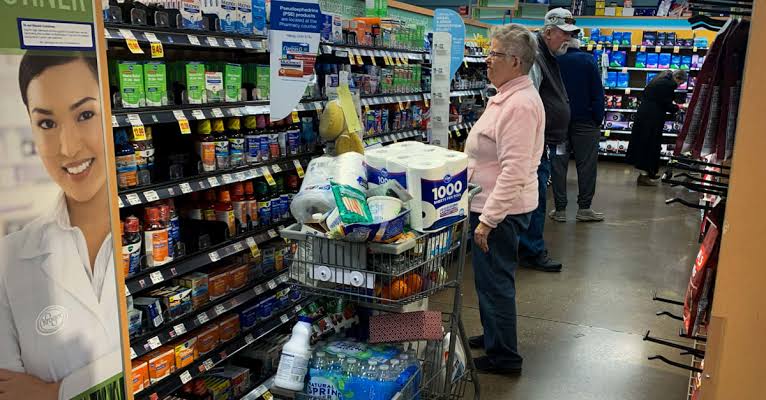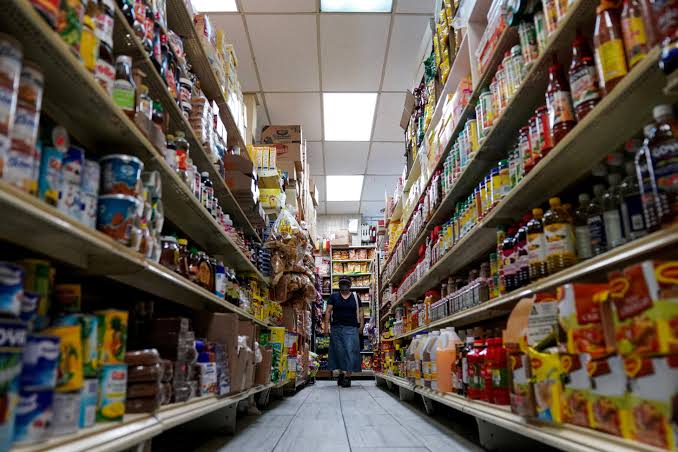According to Goldman Sachs, the chance of a U.S. recession has dropped from 25% to 20%, which is less than what they thought before. This change came after new economic data that made people less worried about a coming recession. In July, job growth that was slower than expected surprised Goldman Sachs, which raised the chance of a recession from 15% to 25%. Later reports on retail sales and jobless claims, on the other hand, painted a more positive picture, which made the financial giant reevaluate the risk of a slump.
When the July jobs report came out, it made economists at Goldman Sachs and in the banking sector nervous. There were fewer jobs being filled, which some saw as an early sign of trouble in the economy. With fewer jobs being created than expected, it looked like a recession was more likely to happen. Because of this, Goldman Sachs raised its odds of a recession to 25%, which shows how unclear the economic situation has become.

Resilient consumers keep recession fears at bay—Goldman Sachs lowers odds to 20% after strong retail data.
But as soon as new information came in, the story quickly changed. Retail sales, which are a key sign of how much people are spending, were better than expected. This shows that American customers are still strong, and they are still helping the economy grow even though inflation and rising interest rates are making things harder. Retail sales are an important part of the U.S. economy and make up a big chunk of all economic activity. The fact that this area did well shows that people are still willing to spend money, which is a key part of avoiding a recession.
Along with strong retail sales, the most recent figures on jobless claims also helped calm fears of a recession. Initial claims for unemployment benefits have stayed pretty low, which is a sign that the job market is still strong. A strong job market is important for economic security because it encourages people to spend money and have faith in the economy. Strong retail sales and low unemployment claims have caused Goldman Sachs to change its earlier opinion and lower the chances of a recession.
Goldman Sachs’s new prediction is important because it shows a bigger change in how people feel about the economy. People have been worried about a possible recession for most of the year, but new data suggests that the U.S. economy may be stronger than was thought before. It looks like inflation is going down, which is good news for both policymakers and customers. The Federal Reserve’s efforts to slow price increases are beginning to pay off. Because of this, the economy has grown steadier, and a serious downturn is less likely to happen.
The better outlook for the economy has had a good effect on the financial markets. Stock prices have gone up and bond yields have stayed the same, which shows that investors are feeling more confident. There are still risks, like global events that could cause problems and ongoing inflationary pressures, but the most recent data shows that the U.S. economy is in a better position than was first thought.

Job market steadies as recession risks ease—Goldman Sachs revises forecast on encouraging economic signs.
In conclusion, Goldman Sachs’s choice to lower its odds of a recession to 20% shows how important it is to keep up with changing economic data. The July jobs report caused some worry at first, but later good signs in retail sales and jobless claims have calmed people down. The U.S. economy is still dealing with a lot of problems, but the most recent events give us hope that we can avoid a recession for now.